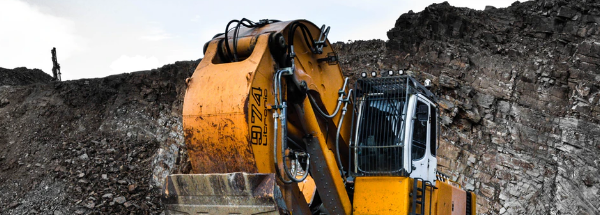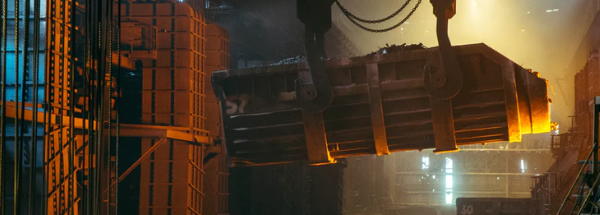Construction director jailed after employee killed by excavator

The director of a Glasgow based construction company has been jailed after an employee was crushed to death by an excavator that he was operating.
The director was using the excavator to lower cement and blocks into the hole at an excavation site where three of his employees were working. As the cement was being poured into the site, the director instructed his employee to remove the remaining mortar with a shovel.
During the task the employee became trapped by the excavator bucket and pinned against the wall of the hole, causing fatal injuries to his chest and abdomen.
An investigation by the HSE found that the director failed to undertake a risk assessment to ensure the safety of his employees and that he operated the excavator without any sufficient training or certification.
The director of the construction company pleaded guilty to breaching Section 7(a) and Section 33(1)(a) of the Health and Safety at Work Act etc 1974, and was given a 10-month custodial sentence.
Concluding the case, HSE inspector Helen Diamond said: ‘Those in control of work have a responsibility to devise safe methods of working and to provide the necessary information, instruction and training to their workers in the safe system of working’.
_________________________________________________________________________________________________________
Council and bus company fined after passenger killed by grab lorry

A passenger was struck and killed by a construction vehicle at a bus station in St Albans.
Although the station was in the process of being demolished and reconstructed, buses continued to operate from designated transit points.
The victim was hit by a grab lorry after she exited a bus and walked across a pedestrian crossing. The vehicle was in the process of delivering sand to one of the construction sites when it failed to stop.
An investigation by the HSE found that the visibility of the crossing was obstructed by buses that had been allowed parked on double yellow lines. The investigation concluded that the council and the bus station operator failed to manage and assess safety procedures for pedestrian and vehicle interaction within the bus station.
The council pleaded guilty to breaching Section 3(1) of Health and Safety at Work Act, was fined £300,000 and ordered to pay additional costs of £16,803.
The bus company pleaded not guilty to breaching Section 3(1) of Health and Safety at Work Act. The company was found guilty and fined £350,000 with additional costs to be determined by the court.
At the conclusion of the case, lead HSE inspector Emma Page said: ‘Hazards associated with vehicles and pedestrians in the same location, particularly the case in a facility such as a bus station in the centre of a busy town, are well known and easily controlled using reasonably practicable precautions’.
_________________________________________________________________________________________________________
Steel company fined after two engineers died in an explosion

A Cardiff based manufacturer has been fined after an investigation by the HSE found them culpable for the death of two electrical engineers and the serious injury of another in an on-site explosion.
Both engineers were working to drain lubrication oil from an accumulator’s vessel in the sites basement level. A flammable atmosphere began to develop during the operation which remained undetected by the workers. An electrical heater within the vessel caused the atmosphere to ignite, triggering a significant explosion.
The investigation, carried out by the HSE, found that the manufacturing company failed to carry out a risk assessment. The task had been left to the employees, who did not understand or we’re unaware of the risks involved with draining the accumulator.
The company pleaded guilty to breaching Regulation 3 of the Management of Health and Safety at Work Regulations 1999. The company were fined £1.8m and ordered to pay additional costs of £145,772.
Commenting on the case, HSE inspector Lee Schilling said: ‘This incident, which had devastating consequences for all of those involved, was entirely preventable. The company failed to assess the risks of the maintenance work and identify suitable control measures to prevent an explosion’.















